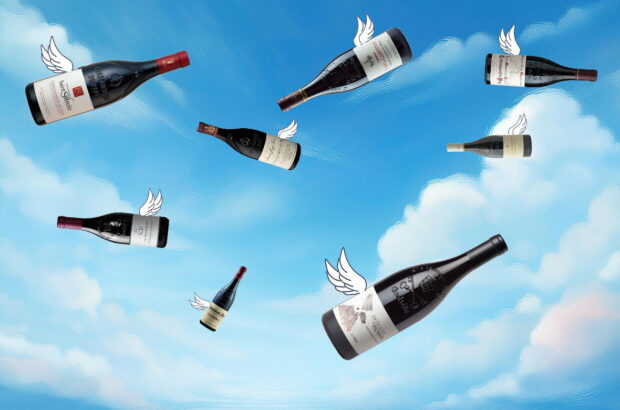The Australian Wine Export Council is embroiled in a storm of controversy, with reports suggesting it is about to axe its export approval panel.
Skillogalee Gewurz: rejected
Anger directed at the AWEC has been bubbling for some time, as wines that have been lauded by critics have been rejected for export.
In an October article in the Australian Financial Review, journalist Tim White highlighted two such instances.
The wines were the Metier Schoolhouse Chardonnay 2002, from Yarra Valley, and Jamsheed’s Harem Series Mon Petite Francine Cabernet Franc 2011, also from the Yarra.
Both wines were highly-praised and deals with importers had been struck, White wrote, but the AWEC’s export panel rejected them, the Metier on the basis of ‘oxidative, aldehydic characters’.
White derides the panel’s process as ‘ridiculous’ and ‘anachronistic’. The wines are avant-garde and challenging, but not faulty, he says.
In another case Decanter contributor Max Allen, in an article in the Australian, picked up by well-known blog the Key Report, reported Skillogalee winemaker David Palmer had orders from a UK buyer for his Gewürztraminer before it was rejected. The Clare Valley winery has won Decanter World Wine Awards for its Riesling, Cabernet and other wines.
The row has now reached the point that there are numerous posts on social media sites suggesting that the wine export approval panel is about to be abolished.
The AWEC panel, which was set up in 1929 and is part of Wine Australia, evaluates wines and approves them for export, in order to protect the reputation of Australian wine.
Wines up for export go before a two-person panel. If the wine is rejected after the first evaluation, a winemaker has the option of putting the wine before a different panel for a second evaluation. If it is rejected again, then winemakers have the option of going to the Administrative Appeals Tribunal for a AUD$1000 fee.
Panels can reject wines if they decide they are either ‘unmerchantable’ or ‘unsound’.
During the 2010/2011 period, 14,569 wines were assessed with 43 rejected for export after the second evaluation. However, according to the 2010 figure published in the Australian in March this year, 400 wines were rejected on first evaluation with 40 finally being rejected for export.
Not everyone agrees the system is flawed: the Key Report author Tony Keys, for example, described the row as ‘a storm in a teacup’.
Wine Australia told Decanter.com a review of the industry’s ‘compliance and regulatory activities’ was started this year, and the export approval process is one part of that review.
Results will be presented at the end of the year. ‘No decisions or change to industry policy have been made at this time’.
Written by Debra Pearce-Pratt in New South Wales, and Adam Lechmere







